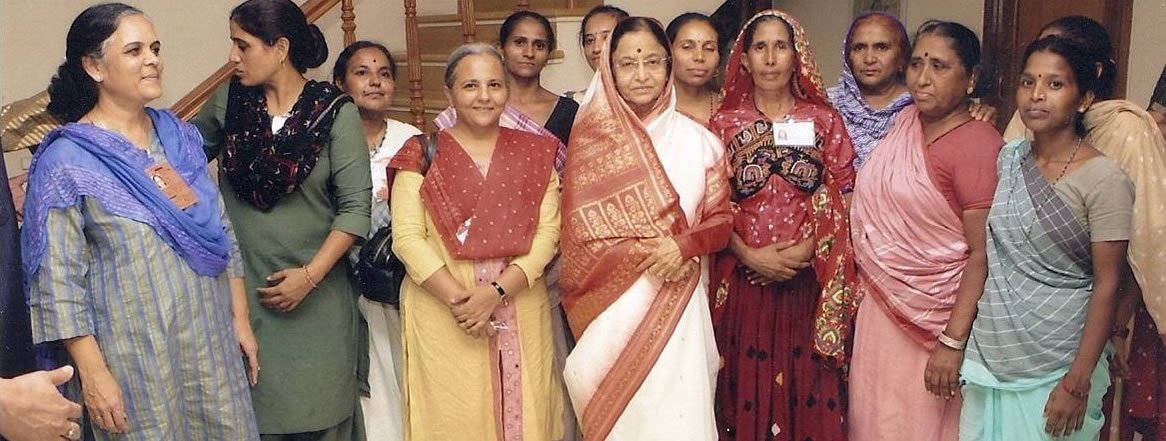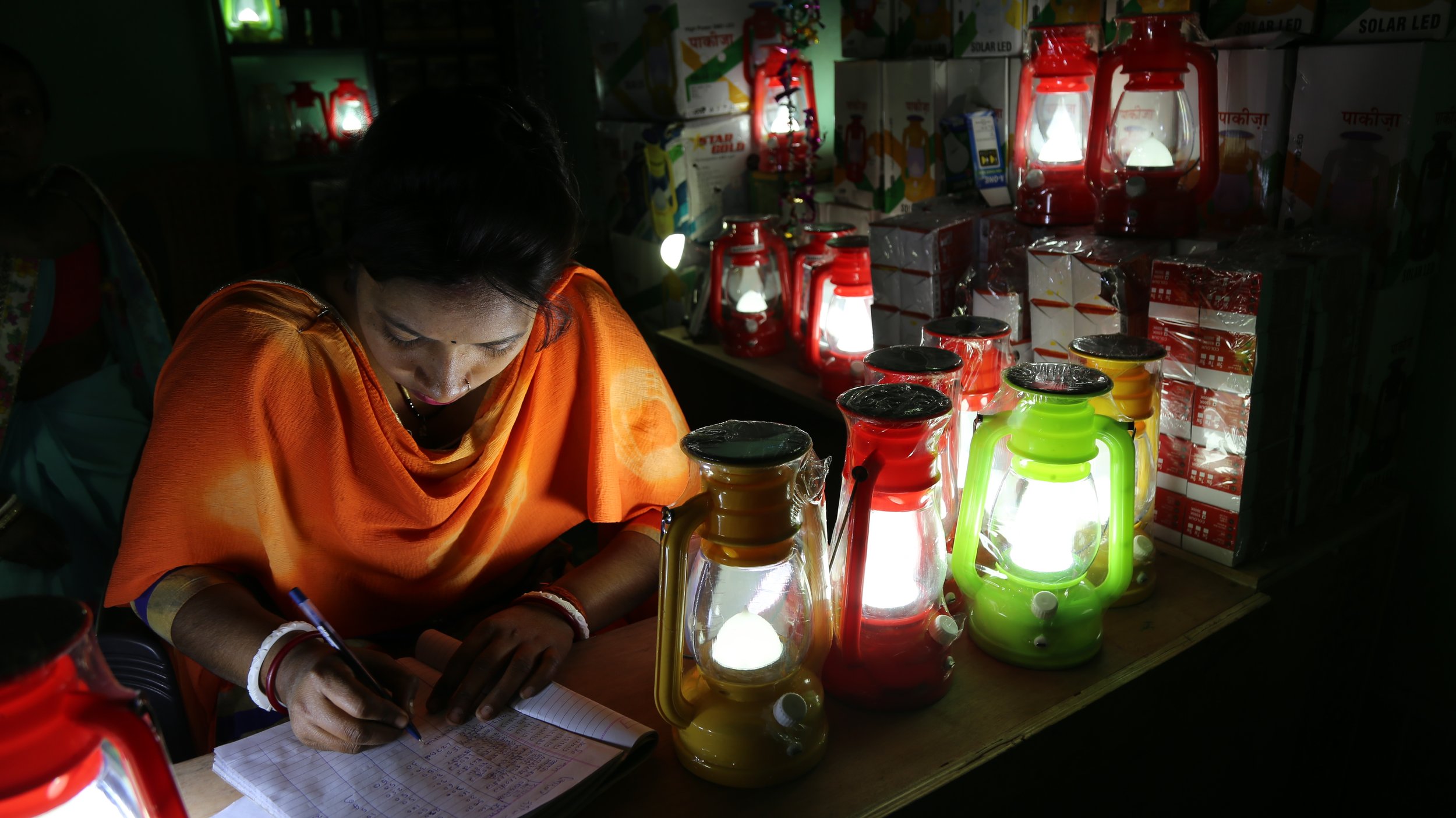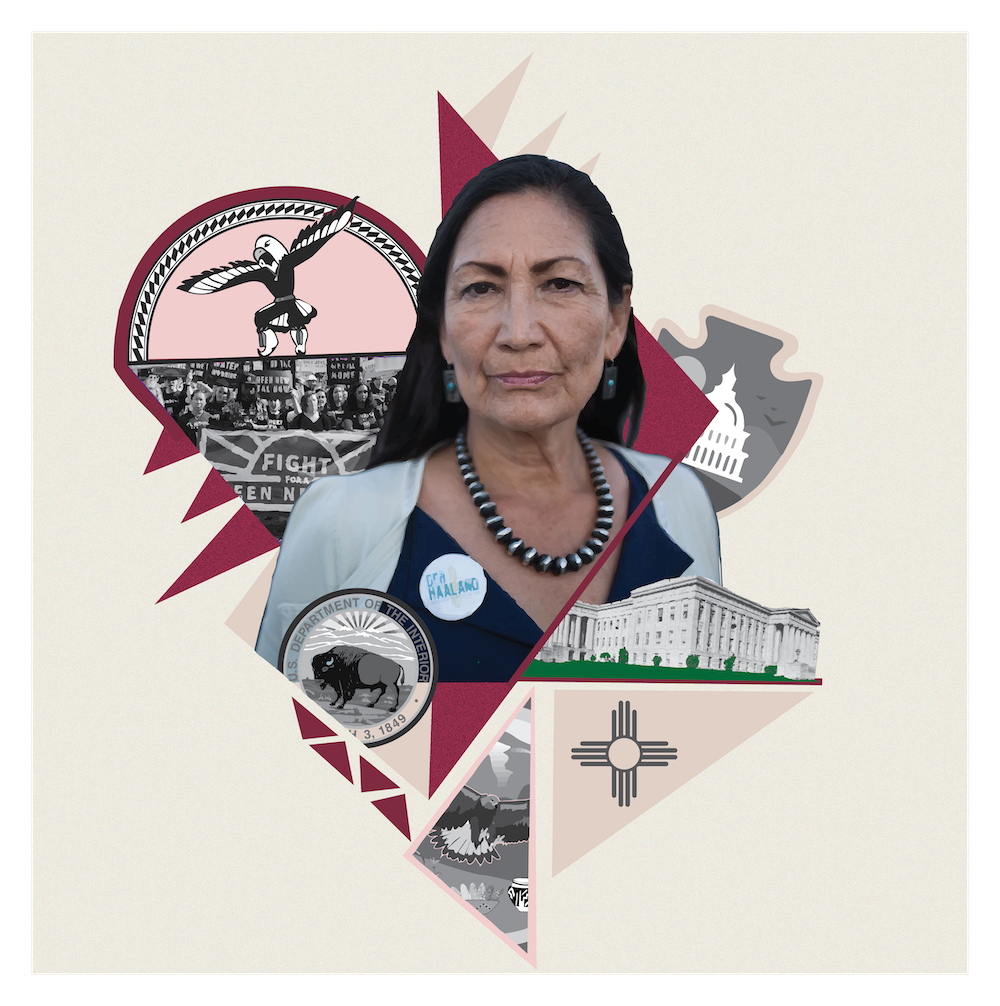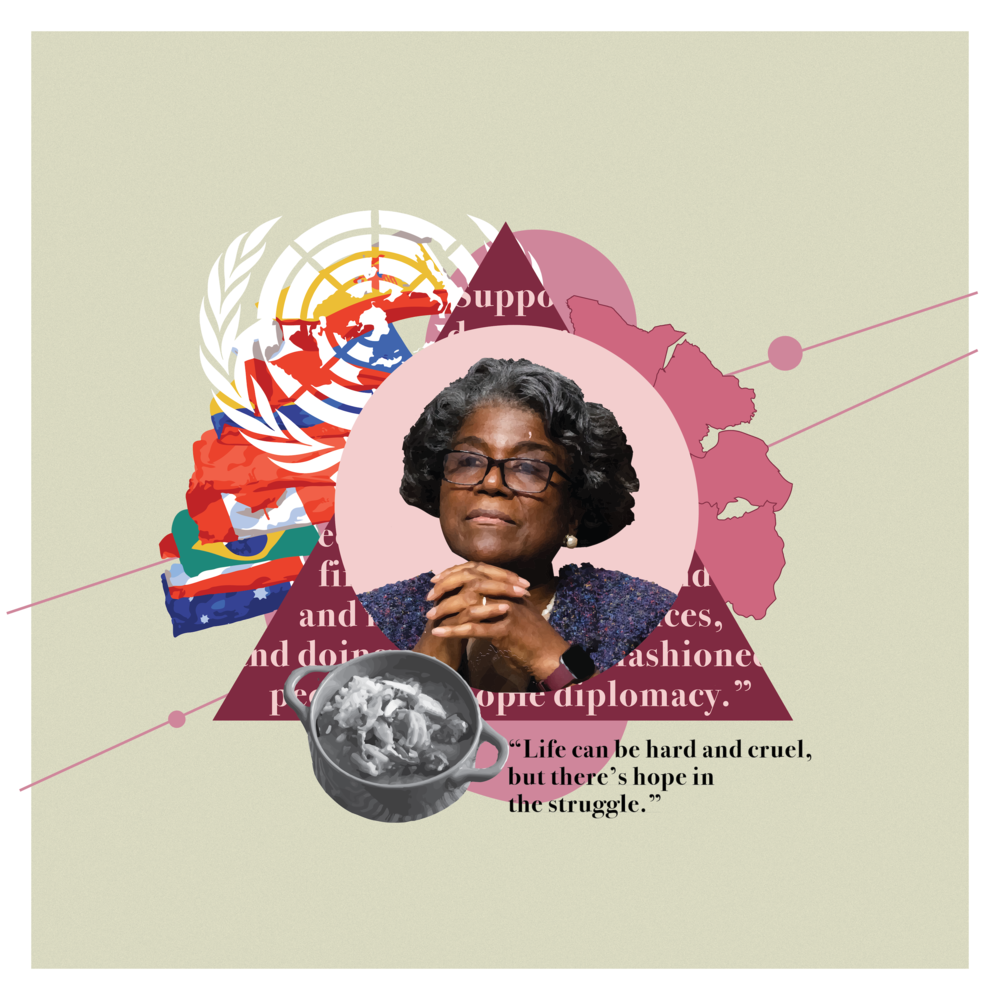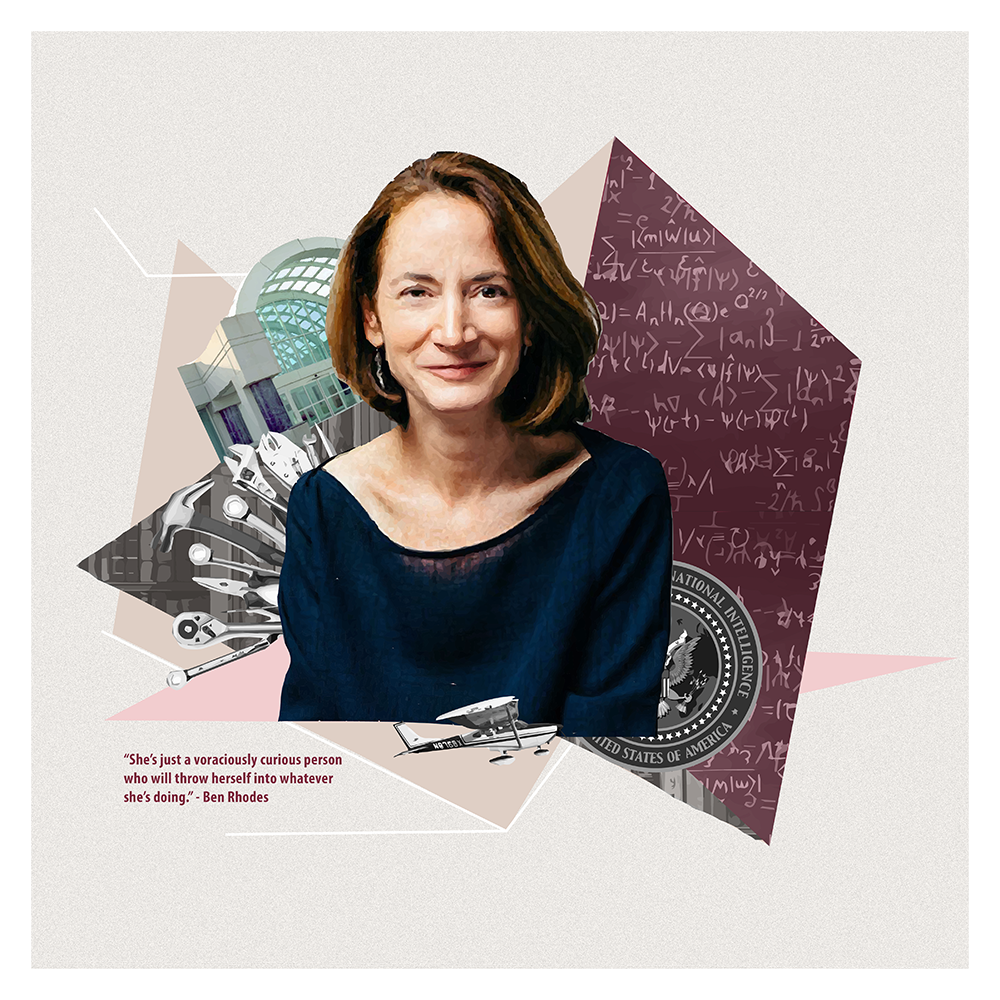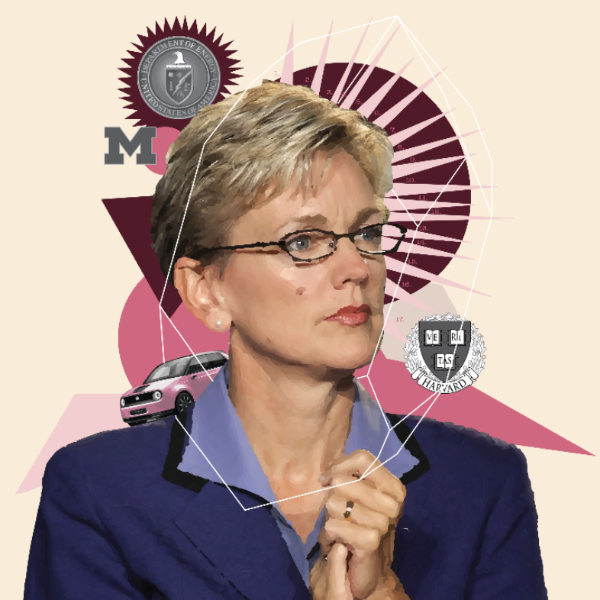Dear Readers,
Over the first year of Project Dandelion, we have worked to strengthen partnerships with women leaders who are on the front lines of climate solutions. Through communication strategies, we aimed to create opportunities for these leaders to connect and to generate collective demand for actions that will facilitate a just transition towards a climate-safe future — one that we believe is possible and within our reach.
One of our partners that has been essential, both for our learning and for elevating the need for more collective action, is SEWA, the Self Employed Women’s Association of India, a trade union that Project Dandelion co-founder, Mary Robinson, has worked with for decades.
Since 1972, SEWA membership has grown steadily, drawing self-employed women from many different trades into the union — from vegetable vendors to incense-stick rollers, from junksmiths to waste-recyclers. Mary writes:
“When I visited the Self Employed Women’s Association (SEWA) in January, a trade union in India founded by my dear late friend Ela Bhatt, I met with some of its 2.9 million women members who spoke vividly about their lived experience of the climate crisis. A food vendor spoke of damages to her income and health due to extreme heat. A construction worker reflected on the dangers of scaling scaffolding in heavy unseasonal rains. A farmer described a flood that hit her village, wiping away livelihoods in her community.
While we must recognise that women are disproportionately impacted by the climate crisis, we must not make the mistake of seeing women as passive victims. Women are active change-makers and climate leaders. From raising awareness in villages and cities about the effects of extreme heat, to encouraging the use of clean cooking through biogas and championing solar power for crop irrigation, the women of SEWA are leading the charge for transformative climate action in India.”
Mary Robinson, Reema Nanavaty and Jyoti Macwan in Gujurat, India, to celebrate SEWA’s Cleaner Skies/Swacch Akash Campaign, which challenges its 2.9 million members to activate for climate by making their work and livelihoods green. SEWA is now a green union that advocates for a climate safe world under the leadership of women workers.
Reema Nanavaty, the director of SEWA, writes that many women working in dangerously hot conditions report year-round rashes, miscarriages, urinary tract infections, dizziness, loss of income, and more.
In addition, she writes:
“Heatwaves, driven by climate change, [also] have profound effects on mental health within marginalized communities. There are higher anxiety and depression levels among women as they grapple with threats to their homes, health, and livelihoods.
Climate change introduces health challenges like heat-related illnesses, waterborne diseases, and increased financial burdens from managing these conditions, pushing families deeper into poverty. Tragically, climate change can elevate the risk of gender-based violence, as displaced families and shifting social dynamics increase women's vulnerabilities. Substance abuse has also surged as a coping mechanism, leading to further economic hardships and even suicides in some cases.”
Reema Nanavaty (in yellow sari with red scarf) joined the Self-Employed Women’s Association of India in 1986. She became the organization’s General Secretary in 1999 and began a series of public service projects, focusing on expanding SEWA’s presence to more Gujarat districts. (Credit: SEWA)
As another indicator of our foundational theory of change that when women lead, action follows, SEWA put solutions forward. In partnership with the Adrienne Arsht-Rockefeller Foundation Resilience Center and Blue Marble, SEWA ran a pilot insurance program last summer, the hottest summer in history.
The program covered 21,000 SEWA members across eight occupations – farmers and animal husbandry, salt pan workers, waste recyclers, head loaders, street vendors, ship breakers, construction workers, and home-based workers. It was implemented in five districts of Gujarat that routinely experience the worst impacts of extreme heat – Ahmedabad, Bhavnagar, Patan, Surendranagar, and Anand.
The goal of the Extreme Heat Income Insurance program was to compensate women for some of the lost income that comes with extreme weather. It works like this. If three consecutive daily high temperatures exceed the predetermined trigger threshold, a payout is made to the SEWA sister in the affected district. For instance, in Ahmedabad city, payouts were triggered if temperatures averaged 93°F-100°F (34°C-38°C) over three days, as determined by satellite data. This phased approach allowed members to receive multiple payouts within the coverage period, up to a total sum of $95 US.
Unlike traditional insurance, where the insured have to make a claim and wait, the parametric insurance payouts are instantaneous. The money is wired to a bank account within days of the weather event. Additionally, each of the 21,000 women enrolled in the pilot were provided with one of four tools designed to protect women workers and help their families on extreme heat days — solar lights, insulated water jugs, tarpaulin sheets, or umbrellas.
Reema notes that the pilot program was very instructive, offering many lessons, as well as evidence that the four intervention tools were beneficial to workers and their families.
A woman completes her paperwork by the light of solar powered lamps in a village shop for solar products in Newada, Bihar in 2019. (Credit: Kunal Gupta / Climate Visuals Countdown, CC BY-NC-ND 4.0)
The solar light intervention enabled everyone in a household to shift the timing of their work to the evenings when it's cooler inside. “During summers, there are frequent power-cuts in our region. Cooking dinner became a challenge, and our children struggled to study once the sun set. But now, the solar lanterns provide us with a source of light and convenience. Our children can continue their studies without interruption,” according to Hansaben, a salt-pan worker from Surendranagarily.
During the COP28 summit in December, several of Project Dandelion's partners launched the Women’s Climate Shock Insurance Initiative for extreme heat and flood to support the livelihoods of 150,000 women in India and Pakistan. Led by Climate Resilience for All, SEWA, and Khwendo Kor (Pakistan), along with Swiss Re, a globally recognized reinsurance company, Reema says “this package of income supplement, practical risk reduction, and early warnings offers great promise for women working hard every day to increase their agency and economic power.”
This new approach to the mitigation of a climate impact — extreme heat — is another example of women leading for solutions that are just and sustainable.
What can we do to support this extraordinarily important work?
Talk about it with your family, friends, colleagues, companies, and government representatives, and along with elevating awareness, be alert for specific actions you can take in your community as extreme heat and other climate related weather challenges occur, and support in all the ways you can these solutions that are being put forward.
Climate is everyone’s issue.
Onward!
- Pat

